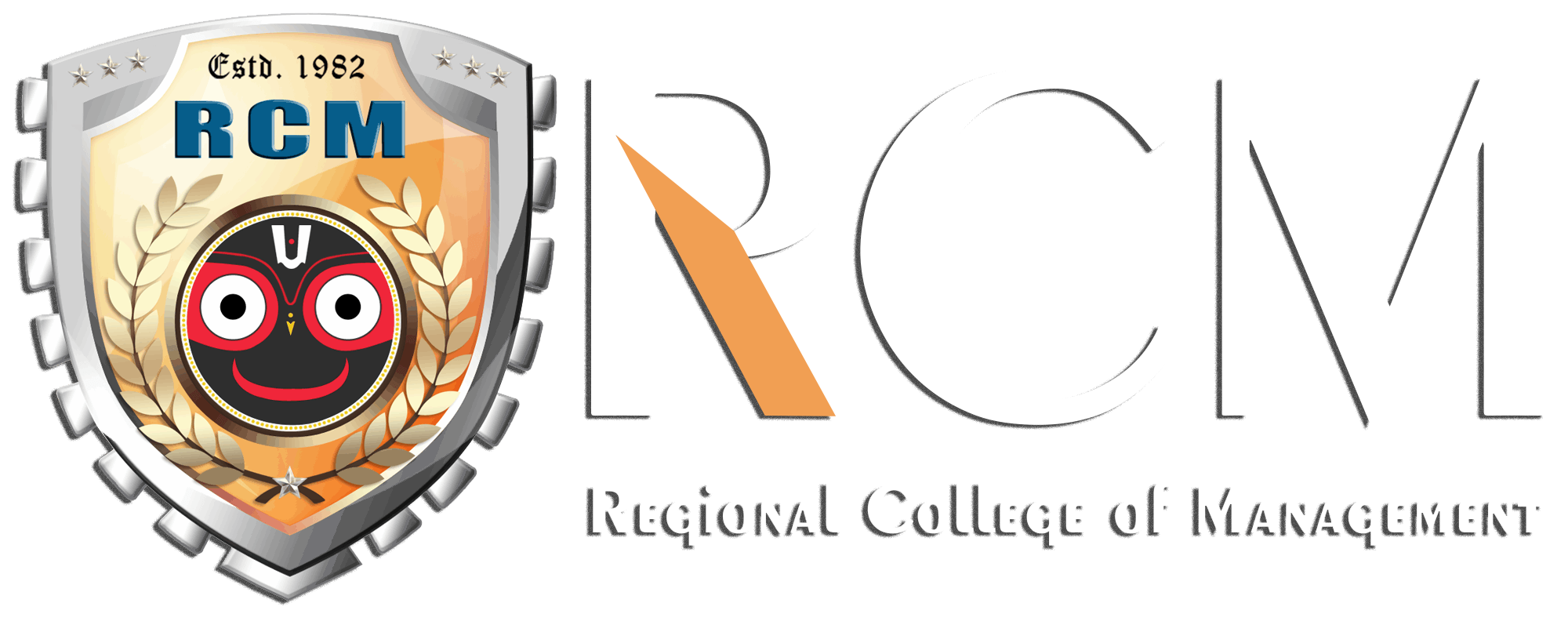MBA stands for Master of Business Administration, a postgraduate professional degree focused on business and management. It equips students with leadership, analytical, and strategic skills required to excel in corporate roles, entrepreneurship, and consultancy. Globally recognized, an MBA can significantly boost career growth and earning potential.
What is the Meaning of MBA?
The MBA, meaning in English is Master of Business Administration. It is a postgraduate degree designed to prepare students for leadership roles in various sectors, including finance, marketing, operations, and human resources.
The MBA degree’s meaning is not limited to classroom learning; it focuses on practical exposure through case studies, internships, and projects that simulate real-world business challenges.
MBA Definition
The official MBA definition can be summarized as:
“A professional postgraduate program that provides advanced knowledge of business and management principles, preparing graduates for leadership roles.”
In simple terms, an MBA is about learning to manage people, resources, and organizations effectively.
What Does MBA Stand For?
MBA stands for Master of Business Administration. It is globally recognized as a benchmark qualification for managerial and executive positions.
- An MBA or A MBA?
The correct grammatical usage is “an MBA”, because the pronunciation begins with a vowel sound (‘em’).
Pursuing MBA Meaning
Pursuing an MBA means enrolling in a business school to develop strategic thinking, problem-solving, and leadership capabilities. It is often chosen by:
✔ Fresh graduates aiming for a management career
✔ Working professionals seeking a career switch or promotion
✔ Entrepreneurs looking to enhance business skills
Is MBA a Professional Degree?
Yes, an MBA is a professional degree, making it distinct from purely academic courses. It is designed for practical application, preparing students for business and corporate environments.
MBA is a Professional Course or Not?
Definitely yes. An MBA involves real-life case studies, industry projects, and internships, which are all hallmarks of professional education.
MBA – Graduate or Postgraduate Degree?
Students often ask:
- “MBA is graduation or post graduation?”
- “MBA is postgraduate or undergraduate?”
- “MBA is UG or PG?”
The answer is clear:
✔ MBA is a postgraduate degree.
✔ It is not an undergraduate program because it requires a bachelor’s degree as a prerequisite.
MBA Core Means
The MBA core refers to the fundamental subjects that build the foundation of the program, such as:
- Accounting for Managers
- Marketing Management
- Financial Management
- Operations and Supply Chain Management
- Human Resource Management
- Business Analytics
These core subjects ensure that students gain well-rounded knowledge before specializing.
What Does an MBA Do?
An MBA opens opportunities for roles such as:
✔ Management Consultant
✔ Business Analyst
✔ Marketing Manager
✔ Financial Analyst
✔ Operations Head
✔ HR Manager
✔ Entrepreneur
According to the Graduate Management Admission Council (GMAC), 96% of employers planned to hire MBA graduates in 2024.
Global Importance of MBA
- Over 2,500 business schools worldwide offer MBA programs.
- The average salary for MBA graduates in India: ₹8–12 LPA (IIMs can go up to ₹25–30 LPA).
- In the USA, MBA graduates earn an average of $120,000 per year (source: GMAC 2024 survey).
Types of MBA Programs
- Full-Time MBA – 2-year program for students who can dedicate full time to study.
- Executive MBA – For professionals with 5–10 years of experience.
- Online MBA – Flexible learning for working individuals.
- Global MBA – International exposure and placements.
Top MBA Specializations
- Finance
- Marketing
- Human Resources
- Business Analytics
- International Business
- Operations Management
Why is an MBA Important?
✔ Leadership Skills – Develops strong decision-making and management capabilities.
✔ Networking Opportunities – Build connections with industry experts.
✔ Career Advancement – Transition into higher-paying roles.
✔ Entrepreneurship – Essential for launching and managing a business.
Statistics That Matter
- 91% of corporate recruiters expect MBA graduates to maintain or increase their salaries in 2025.
- Indian MBA market is growing at 6% CAGR, with over 3 lakh students enrolling each year.
- MBA graduates have a salary premium of 77% compared to non-MBA professionals (GMAC report).
Comparison Table – MBA vs Other Degrees
| Feature | MBA | Other PG Degrees |
|---|---|---|
| Duration | 2 Years | 2 Years |
| Focus | Business & Management | Subject-Specific |
| Salary Growth | High | Moderate |
| Global Recognition | Very High | Limited |
Is an MBA Worth It in 2025?
Absolutely. With the rise of startups, global corporations, and digital businesses, companies seek professionals who can strategically lead and adapt.
According to Harvard Business Review, MBAs are among the top five most sought-after qualifications for leadership roles.
FAQs
Q. What does MBA stand for?
A. MBA stands for Master of Business Administration.
Q. Is MBA a professional course or not?
A. Yes, it is a professional course designed for managerial roles.
Q. Is MBA postgraduate or undergraduate?
A. MBA is a postgraduate degree, not an undergraduate one.
Q. What is the MBA general meaning?
A. It refers to an advanced program in business and management studies.
Conclusion
The MBA’s meaning goes beyond just being a degree. It is a career accelerator, a leadership pathway, and a business toolkit for success in a competitive world. Whether you aim to become a corporate leader, entrepreneur, or global manager, an MBA offers unmatched opportunities.
























